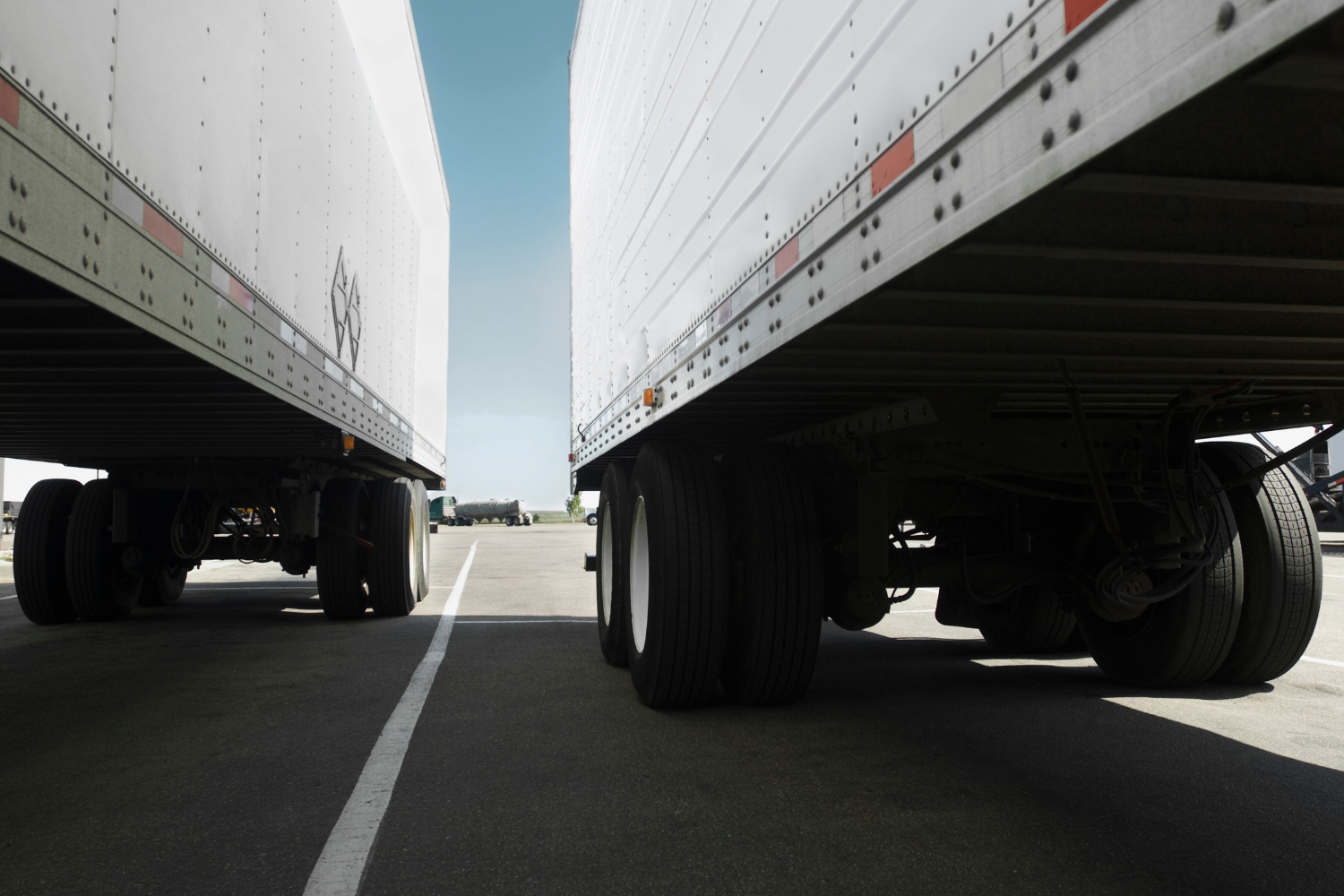Trailer Tires and Rims

Trailer Tires and Rims
Selecting the right trailer tires and rims may seem simple but there is a lot more to know than you might imagine. Your tow-behind tires operate very differently from standard automobile tires as opposed to the common belief. They are made to hold the weight of your trailer or caravan and protect you, the driver, and other motorists on the highway as safely as possible. In this article, we will dive deeper into everything you need to know about trailer tires and rims.
What are trailer tires and wheels?
Trail Tires and wheels are specifically designed to handle the large weight and increase road safety while towing. The weight you intend to tow and the terrain you intend to travel across dictate the type of tires you should use. The danger of a blowout increased gas mileage, and the instability of the truck are all increased by using the incorrect tire.
You may not be aware of it, but the decision you make about the tires on your trailer or caravan is a critical safety factor. If unsure, trailtire.com can assist you in choosing the best tire. The load rating of a trailer tire is the most crucial factor to take into account. This rating needs to be compatible with the dimensions and weight of your trailer.
Your trailer may sustain catastrophic damage if the incorrect rims or tires are installed. Furthermore, it increases the likelihood of an accident for both you and other drivers.
Are trailer tires different from car tires?
Trailers and cars use different types of tires. This is because they serve entirely distinct purposes.
Comfort and traction are priorities when designing car tires. This enables your car to accelerate, halt, and make turns. On the other hand, trailer tires are designed with cargo and stability in mind. This implies that your car’s tires are not appropriate for your trailer, and vice-versa.
It’s a good idea to check your tires if you’re preparing to dust off your trailer for a vacation away. Trailer tires and rims can handle incredibly hefty loads. Trailers can occasionally have tire loads of up to 1,500 kg, which is roughly twice the pressure of a typical automobile.
This makes it crucial that you get the proper tires installed.
It’s not a good idea to install automobile tires on a trailer due to the extra weight of the vehicle. Always check that the appropriate trailer tires are installed for your safety and that of others.
Trailer Tire Inflation
All trailer tires for boats, trailers, and caravans need to be properly inflated for the load being carried. Under-inflated tires are considerably more likely to have a sudden, fast deflation that results in a loss of car control.
How to check your trailer or caravan tires and rims
By keeping an eye out for damage or wear, as well as by reading the information on the rims, you can inspect your tires. Always schedule a comprehensive tire inspection with a technician if in doubt. Your trailer or caravan’s tires can be easily and swiftly inspected by a professional for operation and safety from every angle.
Important Trailer Tire Safety terms
- Load Index: a number on your tires that represents the most weight they can support while moving at their top speed.
- MTPLM (Maximum Technically Permitted Laden Mass): the trailer’s maximum allowed weight.
- Speed Symbol: maximum speed that a tire can safely support while carrying its maximum load.
- TWI (Tread Wear Indicators): A visible sign on the tire that lets you know when the tread should be replaced.
Is it okay to go for a larger trailer tire size?
According to experts, the greater weight capacity that the larger trailer tires give is their main benefit and the main justification for choosing them. The ride quality of the trailer is marginally improved by the bigger diameter since larger tires are less influenced by smaller bumps. Although you can increase ground clearance if necessary, the main consideration is increasing weight capacity before assessing whether you have the necessary fender/frame clearance to move up in size. The only drawback might be the expense, but generally speaking, there isn’t much of a price difference.
Upgrading from 205-75R15 to 225-75R15 is a highly popular move because it gives you a significant boost in weight capacity while only requiring you to consider a minor increase in size, thus clearance is usually not an issue. The total diameter is 1.3 inches smaller, resulting in a.65-inch reduction in fender clearance.
Is It Safe to Ride a Trailer with the Tongue Pointed Upward or Downward?
Yes, a trailer that is nose up can lead to serious issues. For safety, a level trailer is excellent and something to strive for. The best part is that by altering ball mounts, you can balance the trailer virtually precisely. This is where a movable ball mount, like the Convert-a-Ball # TK5007, is useful.
It is preferable for the trailer to somewhat nose down if you cannot level it even with an adjustable ball mount, provided that the tongue weight limit of the hitch and truck is not surpassed. A trailer may start to sway if the tongue weight is too low due to excessive nose-up positioning.
Generally, the level is the best. If reaching the level is impossible, try dipping your head slightly. A slight nose-up can be acceptable, but watch out for trailer sway.
How long do trailer tires last?
Usually, trailer and caravan tires need to be changed every five years. Regardless of whether the tires seem to be in good shape, a professional inspection is recommended to check for underlying damage and make sure the tires are operating at their best.
Do I need a spare tire for my caravan or trailer?
It is strongly advised that you always have a spare tire on hand for your trailer or caravan since, in the event of a roadside emergency, it is doubtful that your vehicle’s spare tire will be a viable substitute.
Tips for safe towing
- Always use the appropriate tires.
- Make yourself familiar with the trailer manufacturer’s guidelines
- Regularly check and maintain the pressure in your tires.
- Make sure your tires are in good shape by performing routine inspections on them or hiring a professional to do so.
- Follow speed restrictions when driving
- Avoid making fast movements on the highway such as lane changes, overtaking quickly, or swerving.
Remarks
We hope that you now understand what trailer tires and rims are. Contact your local Trail Tire Auto Center if you want to chat about the right combination for your vehicle, passenger, Light truck, or commercial. Our team of professionals will be happy to assist you in selecting the right trailer tires for you, monitoring your tires, and many more.
Back

